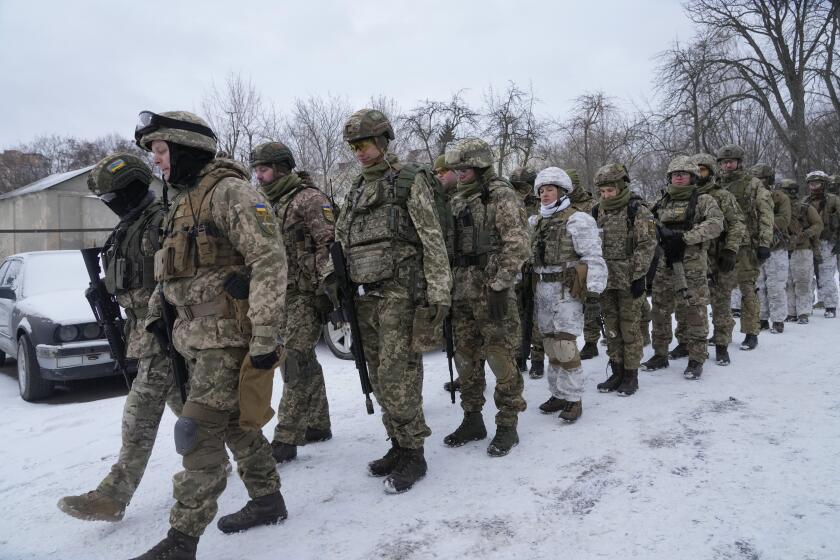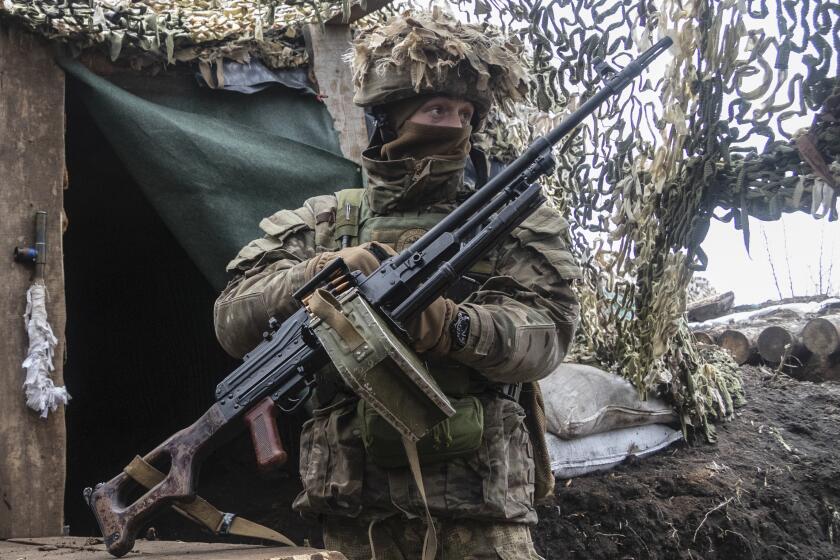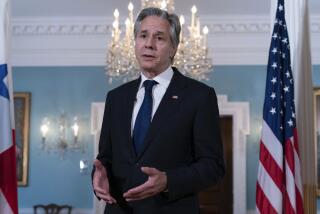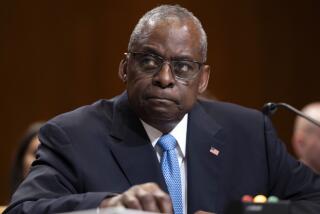U.S., Europe plan for any cutoff of Russian natural gas over Ukraine crisis
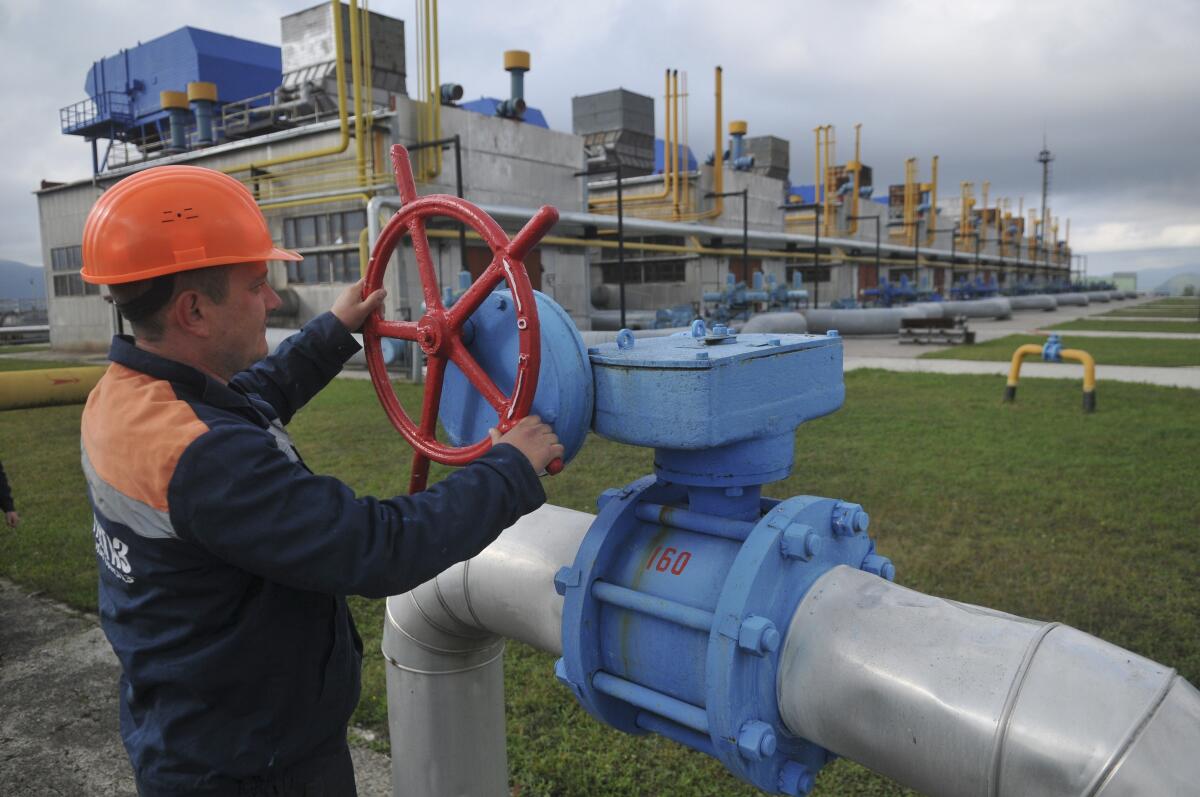
WASHINGTON — U.S. and European officials are coordinating with natural gas suppliers around the globe to cushion the impact if Russia were to cut off energy supplies in the conflict over Ukraine, Biden administration officials say.
The U.S. and its European allies have promised punishing economic and political sanctions if Russia moves its military into Ukraine, but worry about repercussions for Europeans from any such sanctions, including Russia potentially cutting off delivery of its natural gas to Europe at the height of winter.
Putin has deployed roughly 100,000 troops near Ukraine’s border for weeks, sparking a diplomatic crisis for Europe and the United States. He denies any intention of invasion.
Any U.S. and European measures against Russia in the event of an invasion “also have consequences for others, including us,” Secretary of State Antony J. Blinken said in remarks as part of a lecture series Monday night.
“There’s a cost imposed on everyone,” Blinken said. “But we have done a tremendous amount of work to mitigate any effects of sanctions on those ... imposing them, as well as any retaliatory action that Russia might take.”
Two senior U.S. administration officials separately briefed reporters Tuesday about efforts by Biden’s national security team to deal with any knock-on effects from sanctions. The officials spoke on the condition of anonymity to discuss the deliberations.
Western embassies are also moving some of their staff out of Kyiv
If needed, Europe would look to natural gas supplies in North Africa, the Middle East, Asia and the United States. The effort would require “rather smaller volumes from a multitude of sources” to make up for a Russian cutoff, according to one of the officials.
The Biden administration has acknowledged that Russian President Vladimir Putin has high tolerance for the damage to Russia’s economy that would come with sanctions. But officials said the “start high, stay high” approach to penalties that they have told Moscow they would take could influence Putin’s calculations.
One official said sanctions could spur inflation in Russia “in the mid-teens” and even, according to the second official, a deep recession that would not help Putin “win hearts and minds” among his compatriots.
In the U.S., a group representing large industrial energy users and manufacturers that oppose export of U.S. natural gas appeared open to considering an exception for helping Europeans weather any possible cutoff of Russian natural gas.
Ukraine’s leaders are seeking to reassure their jittery citizens that an invasion from neighboring Russia is not imminent, despite a troop buildup.
The group, Industrial Energy Consumers of America, has asked Energy Secretary Jennifer Granholm to limit exports of liquefied natural gas, or LNG. Surging U.S. exports have helped drive up natural gas prices, the group argues.
Paul Cicio, the group’s president, told reporters on Tuesday that his group had not taken a position on how the U.S. should respond to tensions between Russia and Europe over natural gas.
“My own personal view is that if Europe needs gas, the U.S. should be there to supply our allies,″ Cicio said, noting that China is the top recipient of U.S. gas exports.
“Do we have capacity to supply our allies? Absolutely,″ Cicio said. “But maybe we don’t have capacity to ship to China. So we need to be sensitive to the political crisis. It’s a real serious thing.”
More to Read
Sign up for Essential California
The most important California stories and recommendations in your inbox every morning.
You may occasionally receive promotional content from the Los Angeles Times.
